The Minster of Labour and Employment, Chris Ngige said Nigeria has completely run out of funds and may be able to finance its capital projects in 2023.

Chis Ngige Says Nigeria Is Broke
The minster disclosed this while addressing a media briefing on Thursday in Abuja to mark the 2022 World Day Against Child Labour.
According to him, the Federal Government does not have money to prosecute capital projects next year, a development which might worsen unemployment and poverty.
Ngige warned that Nigeria would be stranded if it fails to remove subsidy from petroleum products and cut the cost of governance, among other economic measures.
He said, “I can tell you that Nigeria is broke. There is no money to fund capital projects next year. As you can see, the dollar that has been hovering around N500 and N600 is now above N700. The truth is that there is no money anywhere.
“The money that the FAAC (Federation Account Allocation Committee) has been sharing is money from taxes, customs and other revenue-generating agencies.
“The National Nigerian Petroleum Company Limited (NNPC) no longer remits money to FAAC. So, the situation calls for patriotism from all Nigerians.
“The lack of money to fund capital projects would have implication on capacity to create jobs. If jobs are not created, poverty will increase in the country.
“Everybody in Nigeria should be patriotic to know that we are broke as a country. That is the truth of the matter. We must change our old ways, all of us.
“Without removal of oil subsidy, petroleum subsidy, we will have a zero capital budget for 2023. That is the truth of the matter.
“And without capital projects, it means that your economy will lie prostrate on the ground because it is the capital project expenditure that gingers our economy, that puts money directly into production. Every other money you put in recurrent is for consumption; it doesn’t create jobs.
“We need to create jobs with capital expenditure. These are ominous signs; they are red flags. We will have to assist the country and ourselves by asking ourselves: shall we continue to do what we are doing now?”
Commenting on the ongoing strike action in the university system, the Minister said negotiations were ongoing between Academic Staff Union of Universities (ASUU) and the Ministry of Education.
He however, warned that negotiating with ASUU without simultaneously doing so with the other university based unions only linger the strike as it would not achieve quick resolution of the issues.
“I have been Minister of Labour and Employment for seven years. Before, we negotiated with ASUU alone, which then suspended its strike. But NASU, SSANU and NAAT were on strike.
‘The non-teaching unions locked the classrooms and lecture theatres. They also shut down electricity and water supply to the universities, which almost led to outbreaks in those campuses.
“So, what I am saying is that negotiation with ASUU will not lead to the reopening of the universities. All of them must be involved in the negotiations.” He said.
The minister further noted that the federal government had invested billions in social protection to fight poverty in Nigeria.
Although the Minister explained that the country cannot put in more money into social protection net to end child labour.
“Can we put in more money? For now, the answer is no. Can we retain the former amount that we are putting there, N500 billion? The answer is difficult because the earnings are not the same,” Ngige added.
KanyiDaily recalls that Chris Ngige had also said most youths are unemployed because of lack of functional skills.



![Davido Reacts As Labour Minister, Chris Ngige Is Filmed Dancing At Event [Video] 3 Davido Reacts As Labour Minister, Chris Ngige Is Filmed Dancing At Event [Video]](https://media.kanyidaily.com/2022/07/29203344/davido-chris-ngige-150x150.jpg)


![Ebuka Obi-Uchendu Re-proposes To Wife On 10th Wedding Anniversary [Video] 9 Ebuka Obi-Uchendu Re-proposes To Wife On 10th Wedding Anniversary [Video]](https://media.kanyidaily.com/2026/02/07165038/Media_personality_Ebuka_Obi-Uchendu_re-proposes_to_his_wife_in_Italy_on_their_10th_wedding_anniversary__Video_-150x150.jpeg)
![US Missionary Accuses Benue Govt Of Sabotaging Yelwata Rebuilding Effort [Video] 11 US Missionary Accuses Benue Govt Of Sabotaging Yelwata Rebuilding Effort](https://media.kanyidaily.com/2026/02/07155420/Screenshot-2026-02-07-101511_1770459345-150x150.png)





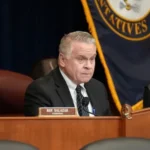


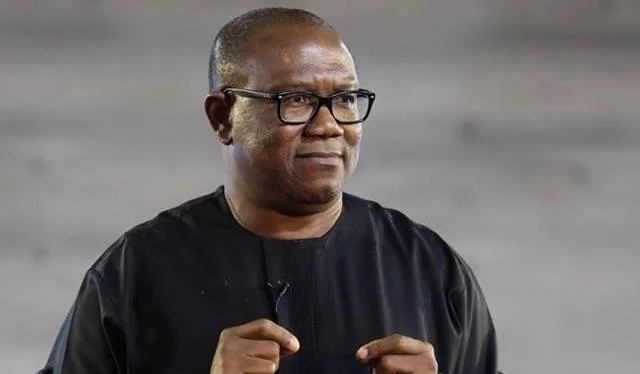
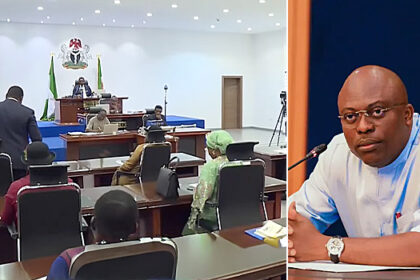

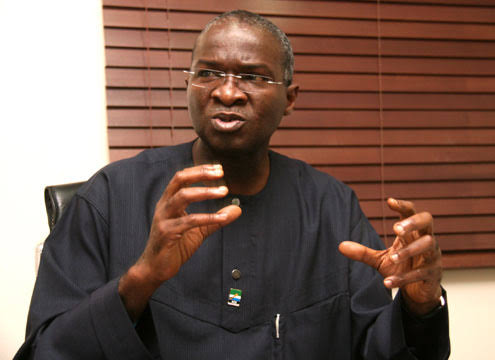

![Drama As Pastor Wages War Against Devil With Cutlass Inside His Church [Video] 37 Drama As Pastor Wages War Against Devil With Cutlass Inside His Church [Video]](https://media.kanyidaily.com/2022/02/21114510/Pastor.jpg)


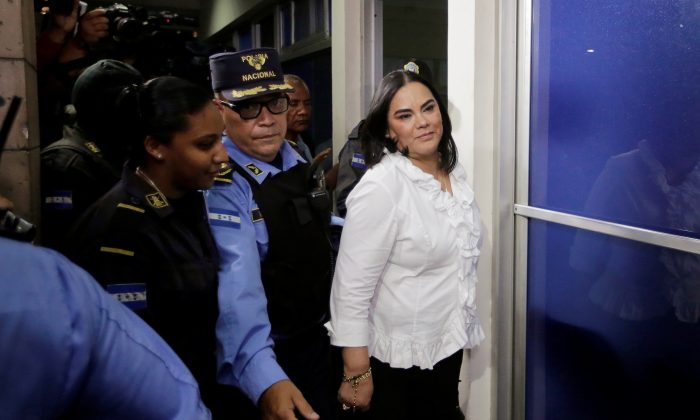
![Checkout this massive Alligator Caught In America [PHOTOS] 45 Checkout this massive Alligator Caught In America [PHOTOS] 16](https://www.kanyidaily.com/wp-content/uploads/2016/09/Alligator-Biggest-3.jpg)
